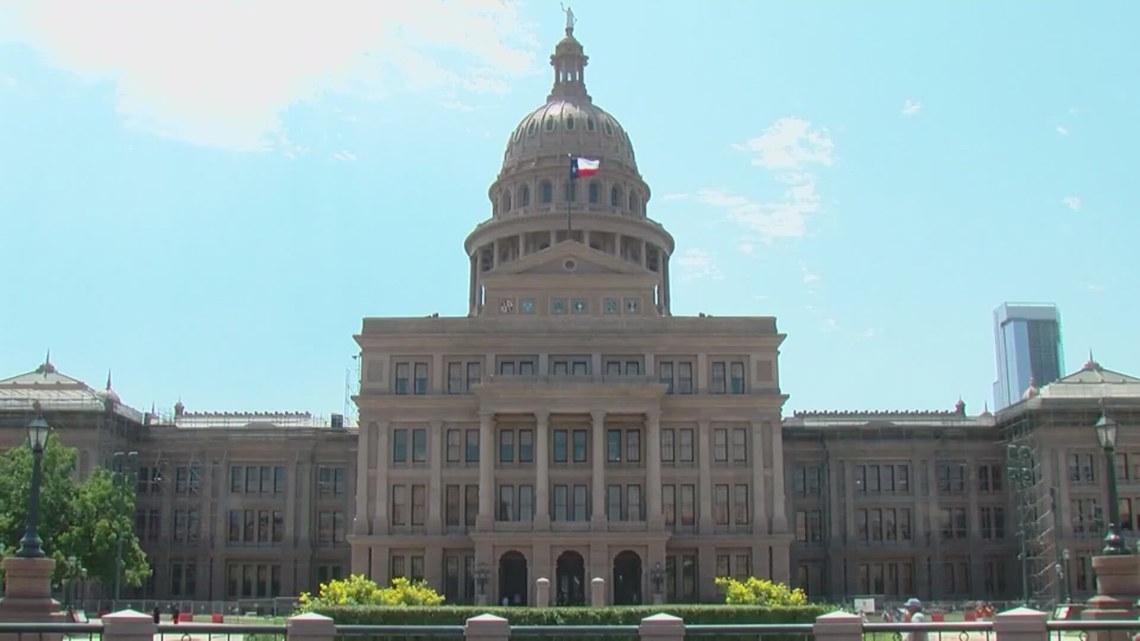
The special session begins July 21 and runs for 30 days. Only Governor Abbott can determine which issues will be addressed during the session.
TEXAS, USA — Texas Governor Greg Abbott is calling a special legislative session after signing hundreds of bills and vetoing over twenty others during the regular session that ended in early June, with political experts pointing to his controversial veto of a THC ban as the primary catalyst.
The announcement comes as a surprise to many political observers, including Baylor Professor of Political Science Pat Flavin.
“I think if you had asked me a couple weeks ago, my prediction would have been that there would not be a special session, but that was before the veto of the THC ban,” Flavin said.
The Texas Legislature meets every two years in the spring for just 140 days, creating what Flavin describes as “a bit of a sprint” to pass legislation. While Abbott could have waited until 2027 for the next regular session, Flavin assumes the governor is motivated by political considerations, particularly tension with Lieutenant Governor Dan Patrick. Patrick, a strong supporter of the THC regulation bill that Abbott vetoed at the last minute, has already voiced his disagreement with the governor’s decision.
“I think his concern is probably primarily political, and that is that Lieutenant Governor Dan Patrick is a champion of the bill,” said Flavin. “He has already voiced his displeasure, his disagreement with Governor Abbott.”
The THC bill represents the centerpiece of the upcoming special session, though other legislation will also be considered, including measures addressing water rights and criminal procedure reforms. Of the 28 bills Abbott vetoed, only select issues will receive attention during the special session.
Flavin says special sessions in Texas have become increasingly common. Unlike regular sessions where any legislator can propose bills, special sessions are entirely controlled by the governor.
“What I think makes Texas somewhat unique is that, unlike a regular legislative session where any member of the House or the Senate can propose a bill and it can be debated, the ball is essentially exclusively in the governor’s court here,” Flavin noted. “For example, if Dan Patrick wanted the Senate to focus on some of these other issues that didn’t get addressed, but they’re not on the governor’s list, then they don’t get any attention in the special session.”
In the interim, Flavin predicts legislators are working behind the scenes in preparation.
“Members of the House and Senate, especially those who might have a good relationship with Governor Abbott, are probably again sort of behind the scenes informally trying to persuade him, convince him to include their pet issue in this special session,” Flavin said.
The possibility of additional special sessions remains.
“The governor can call additional special sessions, which would probably be likely if during this special session that’s been called, there isn’t a resolution on the THC regulation issue,” said Flavin.
